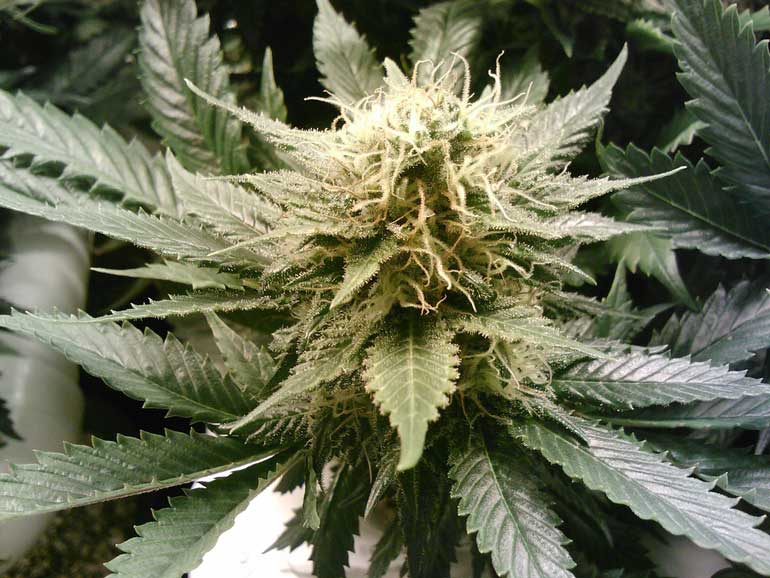By Adam Stroud

CAMH offers 10 basic principles to guide regulation of legal cannabis use. (CNW Group/Centre for Addiction and Mental Health)
A report by the Centre for Addiction and Mental Health (CAMH) in Toronto recommends a public health-based approach to cannabis control.
In the report released Thursday CAMH advocates for legalization of the drug.
Dr. Jürgen Rehm, director of the Social and Epidemiological Research Department at CAMH, said in statement that a legalized and regulated cannabis industry is the best option for mitigating harm in all strata of society.
“Canada’s current system of cannabis control is failing to prevent or reduce the harms associated with cannabis use,” he said.
Rehm said the evidence suggests criminalization does not deter people from its use but does drive users away from “prevention, risk reduction and treatment services.”
CAMH’s Cannabis Policy Framework was developed through in-depth analysis of the health, social and legal implications of cannabis use. Policies towards cannabis in other jurisdictions were also examined.
The report is not promoting an unregulated legalized system like what can be seen in the states of Washington and Colorado. Rehm said the proposal is for a highly regulated system similar to how alcohol is treated.
“Legalization of cannabis must be governed by strict regulations that ensure it is not sold like other commodities,” he said. “This would include a government monopoly on sales, limits on availability, a pricing system that discourages use of higher-harm products, and a ban on marketing.”
David Berner, executive director of the Drug Prevention Network of Canada and a therapist at the Orchard Recovery Drug Treatment Centre, told Humber News that legalization of marijuana similar to what is proposed by CAMH would be a “disaster scenario.”
Berner said a more measured form of decriminalization where users are not punished but distributers and pushers of drugs are would be ideal.
“We don’t want to put a bunch of high school kids in jail because they smoked a joint,” he said.
Berner said people should be wary of any government control suggesting that legalization and regulation would allow governments and business people to profit off of the suffering of addicts.
“This is the new gold rush,” he said.
The biggest challenge for any cannabis policy reform is changing cultural attitudes toward the plant, Berner said.
He emphasized the belief that use of the herb is normal causes problems for addicts and people with mental health issues.
“There’s a new client who I never saw 50 years ago. This client started smoking pot at nine,” he said.
“We can get them off meth, or coke, or whatever their problem is, but do you know what the real problem is? They think smoking pot is regular.”
Dr. Joanna Henderson, Clinical Psychologist and Head of Research in the Child Youth and Family Program at CAMH, echoed Berner’s sentiment, saying there needs to be a sea change in how the plant is viewed by youth.
“My experience is that youth perceive cannabis as being natural and therefore not harmful,” she said.
“But we know that cannabis use has been linked to changes in cognitive functioning and that it can be particularly harmful for youth.”
Changing attitudes towards legalization

Canada has one of the highest rates of cannabis use in the world. (CNW Group/Centre for Addiction and Mental Health)
The majority of Canadians support the legalization of cannabis.
According to a recent poll by Angus Reid Global three-in-five (59 per cent) of Canadians are in favour of legalization while two-in-five (41 per cent) are against.
Support for legalization is strongest is B.C. and Atlantic Canada (70 per cent and 68 per cent in favour respectively). It is lowest in Alberta and Quebec (53 per cent).
Surprisingly, older Canadians are only slightly less favourable towards cannabis legalization.
An Environics poll in 1977 showed only 19 per cent of Canadians were in support of full legalization while 77 per cent were opposed.
By 1995 support had increased to 29 per cent and support for either decriminalization or legalization had reached a majority by the mid-2000s.
CAMH said Canada has one of the highest rates of marijuana use in the world. It said around 40 per cent of Canadians have used it at least once in their life while 10 per cent of Canadians have used it in the last year.

